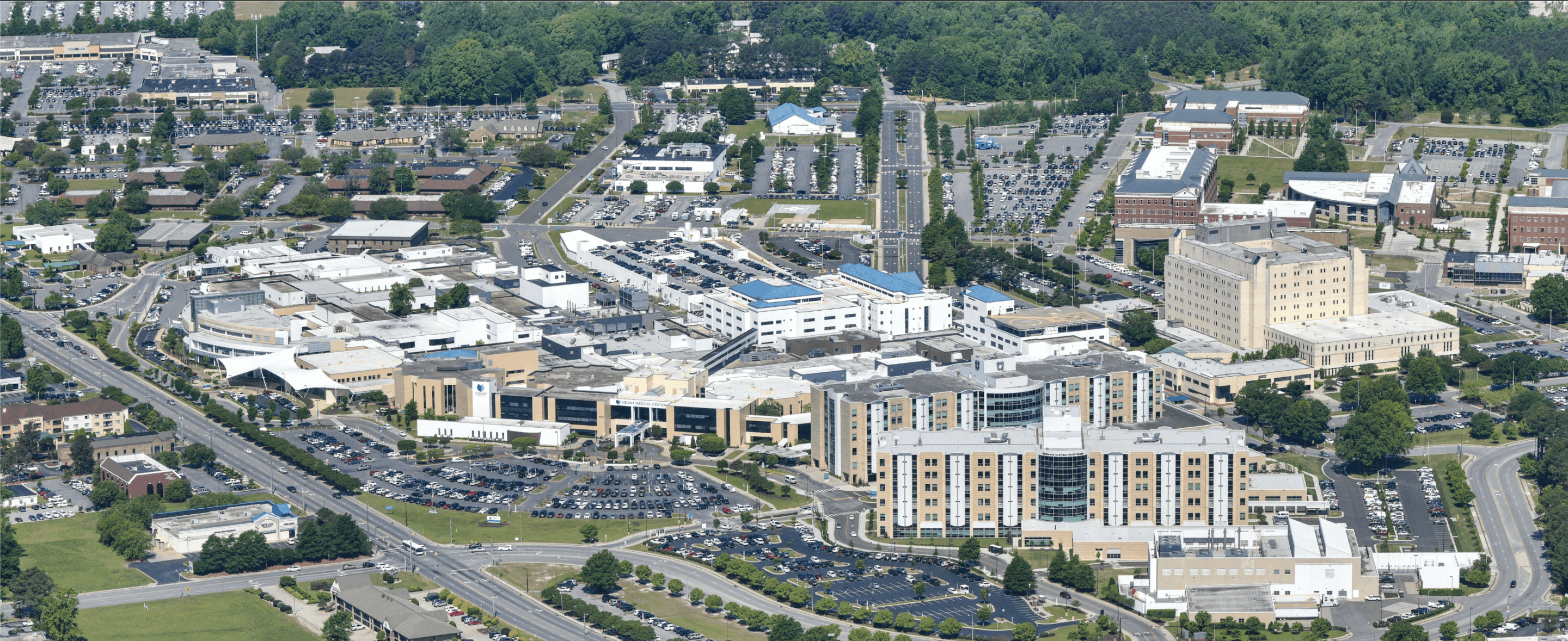
Donors to Receive Free COVID-19 Antibody Testing at Charleston Community Blood Drive
Donors to Receive Free COVID-19 Antibody Testing at Charleston Community Blood Drive
CHARLESTON, S.C. (JUNE 4, 2020) – A month after the announcement of The Blood Connection’s COVID-19 antibody testing program, The Medical University of South Carolina (MUSC), Roper St. Francis Healthcare, Summerville Medical Center, and Trident Medical Center are partnering with The Blood Connection (TBC) for a large community blood drive at the North Charleston Coliseum and Performing Arts Center (5001 Coliseum Drive). The drive is set for Thursday, June 11, from 10 a.m. – 6 p.m inside the Performing Arts Center. Those who complete a blood donation at this drive will receive free COVID-19 antibody testing.
In partnership with MUSC Health, TBC began offering COVID-19 antibody testing to all donors at no cost in May. This partnership is an extension of the antibody testing efforts underway throughout MUSC Health, including first responders, health care workers and the larger local community. The test, which will provide blood donors with a positive or negative result in seven business days, will be included in the normal panel of testing that is done to all complete blood donations collected by the organization. Donors do not need to opt in to this testing. TBC wants to ensure that all donors are aware that this is not a diagnostic test for COVID-19 infection. The FDA and the CDC have both said that a positive antibody test result does not prove the individual has immunity to the virus and that research of the antibodies is still being conducted.
Satish Nadig, M.D., medical director for the MUSC Center for Cellular Therapy, said MUSC is highly confident in its test because of extensive validation conducted before it began offering the tests. “These antibody tests show whether people have long-term antibodies to COVID-19, meaning they were exposed to the novel coronavirus and their bodies mounted an immune response,” he said. “What constitutes ‘long-term’ for COVID-19 is still unknown. This test is a great first step in determining community prevalence and future tests will begin to answer the important questions we all have around long-term immunity.”
MUSC Health, Roper St. Francis Healthcare hospitals, Summerville Medical Center, and Trident Medical Center receive blood products from TBC. Those products help hundreds of local patients per year. This collaboration will boost community collection efforts during this unprecedented time of social distancing and safety concerns. The North Charleston Coliseum and PAC was chosen because it allows for the recommended social distancing space between donors. TBC ensures that all donors are healthy through wellness screenings prior to their donation and the organization is taking extra precautionary measures to ensure donation sites are clean places to donate blood. As the COVID-19 outbreak continues, blood centers and hospitals are pleading for anyone who is feeling healthy to do their part and donate blood.
“The Blood Connection has been a great partner in our efforts to increase access to COVID-19 antibody testing in the community, as well as providing life-saving blood products to our patients throughout the MUSC Health system,” said Patrick J. Cawley, M.D., MUSC Health CEO. “We appreciate and fully support this donation event and hope the community will take advantage of this win-win opportunity to help patients across the Lowcountry and simultaneously learn more about their COVID-19 antibody status.”
“Given the COVID-19 crisis as well as the potential for a significant increase in cases in the Lowcountry, Roper St. Francis Healthcare is taking every step possible to ensure we are prepared to continue caring for our community,” said Dr. Rick McEvoy, medical director for pathology, oncology and lab at Roper St. Francis Healthcare. “Part of those preparations are ensuring an adequate blood supply for all patients, so we encourage community members who are able to consider donating with the Blood Connection. Blood donated locally will be used right here in the Lowcountry to save lives.”
These special precautions will be taken during this drive to limit exposure and encourage social distancing:
- Donors will be asked to wait in their cars to eliminate the need for people to gather in the same area before their donation.
- Donors will be contacted via call or text when TBC is ready to start the donation process.
- All TBC staff will be wearing masks. Donors are encouraged to wear masks, however, they will not be provided.
- Donor chairs will be spaced as far apart as possible.
- TBC will be limiting the number of people on a mobile and inside.
- Donors are strongly encouraged to make an appointment to control social distancing. Make an appointment by visiting this link or by calling 800-392-6551.
Signage will direct donors to the drive entrance and free parking will be available. Appointments are strongly recommended in order to control social distancing and limit interaction. All donors will receive a $10 VISA card in addition to antibody testing. Donors can find their antibody test results in their online donor portal (not on the TBC app) seven business days after donation. To contact TBC, please call 800-392-6551.
TBC emphasizes these facts about donating blood during the COVID-19 pandemic:
- According to the U.S. Food and Drug Administration (FDA) and Center for Disease Control (CDC), there have been no reported or suspected cases of transfusion-transmitted COVID-19. Individuals are not at risk of contracting COVID-19 through the blood donation process or via a blood transfusion, since respiratory viruses are generally not known to be transmitted by donation or transfusion.
- TBC follows appropriate infection control standards of donor rooms and mobiles, which include sanitation of donor waiting rooms and donation chairs. TBC has increased decontamination of surfaces in centers and on blood mobiles.
- The Blood Connection staff will complete a full health screening for all donors prior to donating blood. This includes a questionnaire (which includes travel questions), temperature check, and mini-physical.
- America’s Blood Centers and the FDA have both stated that a blood drive is not considered a mass gathering or an event, as donating blood is an “essential civic duty.”
- Blood centers are not healthcare providers and thus do not provide COVID-19 diagnostic tests.


